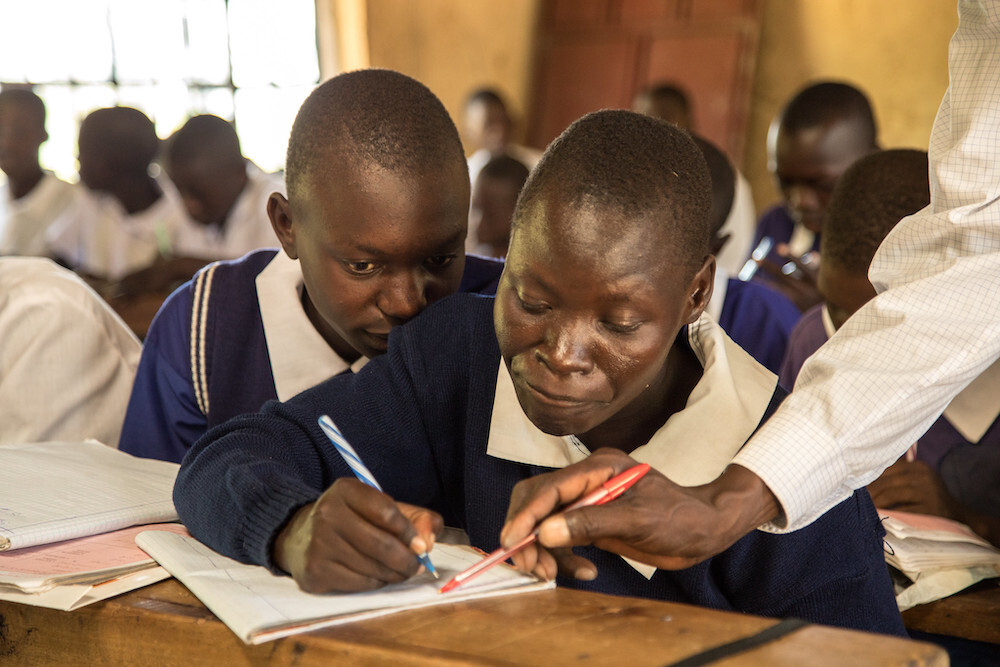
Aid cuts break the UK’s promise to prioritise education for girls

Education funding, Girls' education
The reduction in overseas aid spending is devastating at a time when education can help to tackle climate change, poverty, conflict and gender inequality.
We were extremely disappointed this week to finally see the devastating scale of the aid cuts made by the UK government.
This decision, which was originally proposed at the end of 2020, means that the UK will be reneging on its commitment to spend 0.7% of gross national income on overseas development assistance – cutting off a vital lifeline at such a fragile time in our global recovery from the pandemic.
The cuts will see roughly a 30% reduction across the board in overseas aid spending, with certain areas instead prioritised under the new strategy set out by the UK’s Foreign Secretary, Dominic Raab.
This new strategy also refocuses more than 50% of the UK’s bilateral aid towards East Africa and a further third in Indo-China, leaving many questions about the state of support to the Syria crisis and the British commitment to support those affected countries.
Most notably however – and despite a verbal commitment to prioritise girls’ education directly from Prime Minister Boris Johnson himself – the initial numbers show that there will be a real-terms cut in spending in this area of around 25% from pre-pandemic levels.
This comes at a time when we know that education is the greatest tool we have in fighting climate change, poverty and conflict, and gender inequality – and when we also know the catastrophic impact the Covid-19 pandemic has had on children worldwide.
Combining this with the fact the UK government is undoubtedly removing its support from some of the most dangerous places in the world to be a child, and particularly a young girl, and we are left with a very worrying picture.
Not just of the impact this will have on vulnerable communities all over the world – but also the willingness of global leaders to deliver a truly inclusive recovery and work towards shared objectives and the Sustainable Development Goals.
Despite this cruel blow, we are continuing to call on all decision-makers to recognise the vital role education plays in tackling some of the greatest threats we are facing and take bold action to ensure that every child is on track to be in school by 2030.
More news

